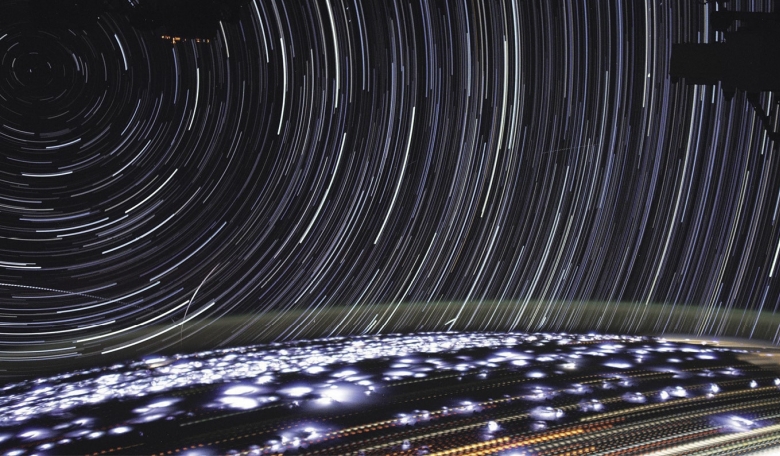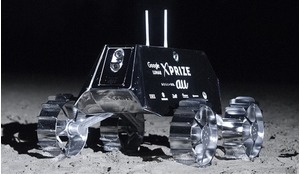In these times of pandemic, lockdowns and working from home, many have noticed that their perception of time tends to change, sometimes slowing down, sometimes running too fast. But what about people in even more stringent isolation such as during spaceflight and confinement experiments? A team from Russia’s Institute for Biomedical Problems (IBMP) found that subtle changes in how cosmonauts communicate about time can reveal distortions in their subjective time perception throughout a spaceflight mission. However, as Anna Yusupova explains, not everyone experiences or communicates this in the same way.
Research has shown that under certain conditions perception of time tends to become distorted. During the monotony of isolation experiments, time seems to slow down. Conversely, during spaceflight, especially under the stress of the first days of a mission, time seems to run too fast, and it can be difficult for cosmonauts and astronauts to keep up with the schedule.
This may be due not only to physiological and psychological stress but also to microgravity conditions when the body’s ability to perceive its own position in space (proprioception) is altered and it is quite difficult to adapt. In Russian literature, this phenomenon is known as ‘chronodeficiency’, which task schedulers on Earth have to take into account by assigning more time for each operation.














